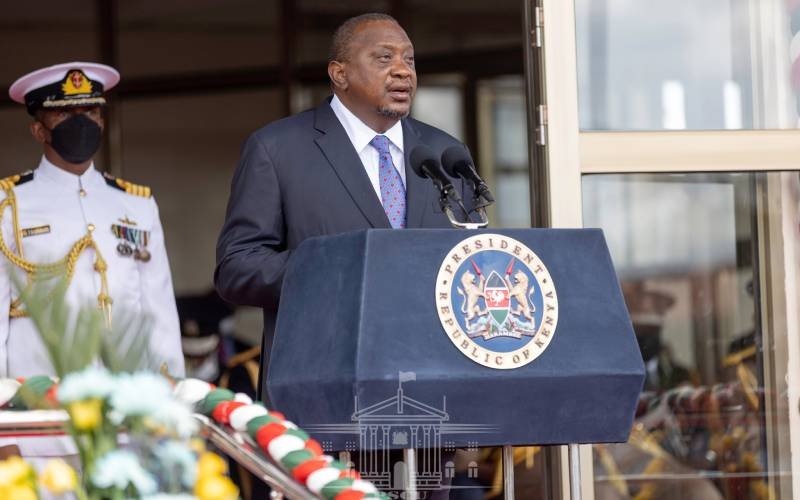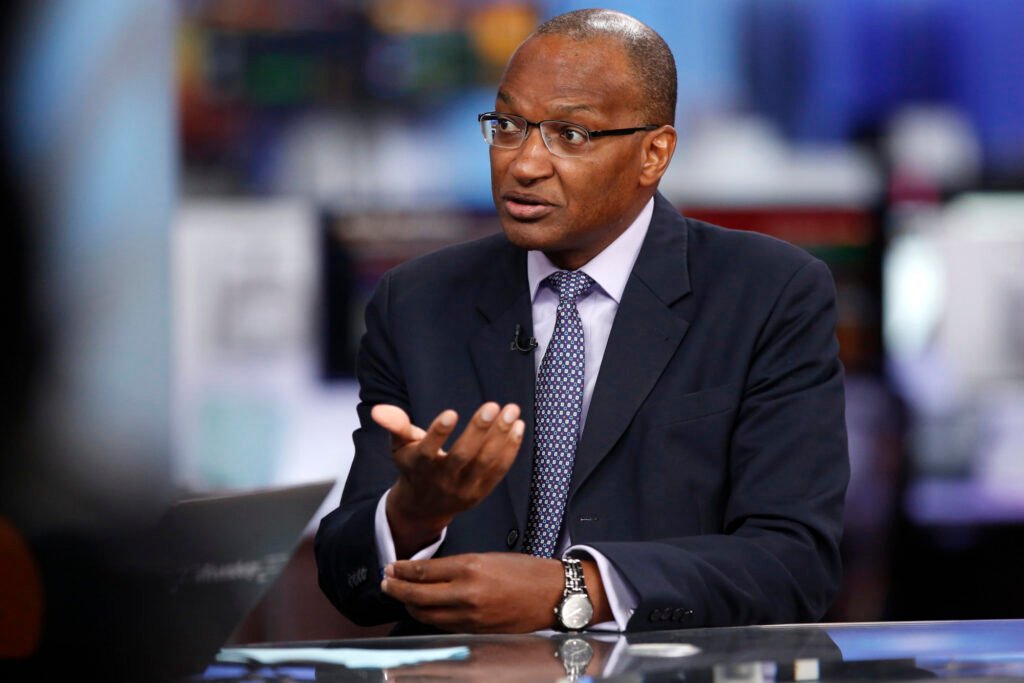Business
Kisumu County Set To Hold Investor Conference In September

The County government of Kisumu has organized an international investor conference in September to woo investors in to the area.
The event slated for September 26th to 30th, 2021 targets to market the lakeside county which has witnessed renewed growth over the last three years as an investment hub.
Over 3, 000 investors are targeted to attend the conference as the county repositions itself as the regional business hub for the Lake Region Bloc (LREB) and East Africa.
While making the announcement, Kisumu Governor Prof. Anyang Nyong’o said the county government plans to showcase existing investment opportunities across the county during the conference.
Among the sectors to be showcased include, agriculture, tourism, manufacturing, industrialization, sports, culture and talent development, film, infrastructure and energy.
Preparations for the conference, he said, were almost complete adding that it shall be held in strict adherence to the Covid-19 protocols.
The conference, he said, is set to put Kisumu on the map as a regional investment hub as the government moves to finalize various major infrastructure projects in the area.
So far, the 217 km stretch Meter Gauge Railway Line from Nakuru to Kisumu has been completed with passenger and cargo trains expected to be launched.
Kisumu port has also been refurbished at a cost of Sh3 billion and is set to be officially launched soon to reopen maritime trade between Kenya, Uganda and Tanzania.
The government has also secured land at Miwani in Muhoroni Sub-County for establishment of a public Economic Processing Zone (EPZ).
These amongst other incentives by the County and National governments are set to be discussed at length during the investor conference.
Prof. Nyong’o added that the county government plans to use the event as a precursor for the 9th, edition of Afri-Cities conference to be held in Kisumu in April 2022.
Afri-Cities is the United Cities and Local Governments of Africa’s (UCLGA) flagship Pan-African event that is held every three years in one of the five regions of Africa.
The event attracts communities and local authorities in African countries, as well as financial institutions, civil society groups and development partners at continental and international levels.
Kisumu is the first intermediary city in Africa to host the continental event which has attracted over 4, 000 delegates.
Business
Inflation Concerns Prompt Central Bank of Kenya to Make Largest Rate Hike in 11 Years
Business
Taxes Pain In Uhuru Kenyatta’s Final Sh3.3trn Budget

President Uhuru Kenyatta’s last budget will put his successor under pressure to raise Sh350.7 billion in fresh profit to apply his preferred systems, setting up Kenyans for advanced taxation and aggressive pursuit of duty cheats.
Treasury Cabinet Secretary Ukur Yatani will Thursday autumn reveal to MPs how he’ll fund the record Sh3.31 trillion budget for the time starting July in a ritual that will take place two months before due to the August 9 bean.
The front- runners in the 2022 presidential choices — opposition leader Raila Odinga and Deputy President William Ruto — have promised fresh social spending.
Formal sector workers, landlords, pots and ordinary consumers are headed for an anxious autumn as the Treasury targets Sh2.024 trillion in levies, a growth of20.9 percent on the current Sh1.67 trillion.
Judges anticipate the sharp growth in specific parts of the duty earnings to come with strong growth or advanced duty rates.
Top on the list of targeted profit sources is income duty, whose fresh profit is anticipated to rise by Sh179.4 billion to Sh997.3 billion, motioning a possible advertisement of new duty measures on workers’ hires and company earnings.
Mr Yatani also plans to collect Sh107.6 billion further from Handbasket to Sh548.7 billion and excise duty, targeting particulars like beer, cigarette and pop, which is projected to rise Sh37.6 billion to Sh297.2 billion.
Similar situations of profit growth are generally only possible in an terrain of robust profitable growth that increases the number of workers, yields advanced hires for those formerly working and raises commercial gains.
The volition is a rise in the duty rate.
The Kenyan frugality is on a recovery mode from Covid-19 profitable rigors, which started layoffs, pay cuts and business closures.
The Treasury had earlier blazoned a new crackdown on fat duty evaders as part of its budget for the time starting July, setting the stage for trip bans, means snap and deactivation of Particular Identification Figures ( Legs).
Duty experts said Mr Yatani will likely raid easy targets similar as alcohol consumers and smokers for further levies from beer, wines, spirits and cigarettes despite the goods being subordinated to advanced levies every October in line with average affectation for the antedating fiscal time.
Capital gains duty is a duty on the profit realised on the trade of an asset similar as trade of stocks, bonds, precious essence, real estate, and property.
The government is trying to raise finances for development systems to goad growth and produce jobs, but judges say duties similar as capital levies could discourage foreign investors.
Mr Kenyatta’s administration has made changes to the capital earnings duty during its near 10- time term after it was dropped in themid-1980s to attract foreign and original investment. In 2014, Mr Kenyatta inked into law a five percent capital earnings duty.
Experts also anticipate a clampdown on the fat duty cheats, high-net-worth professionals and dealers, to recover overdue levies in sweats to raise the public earnings.
















